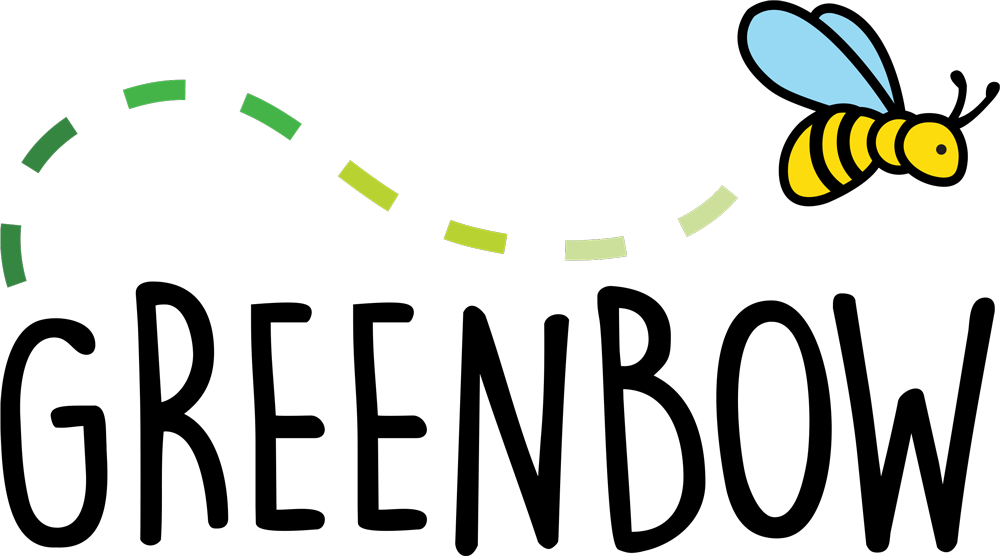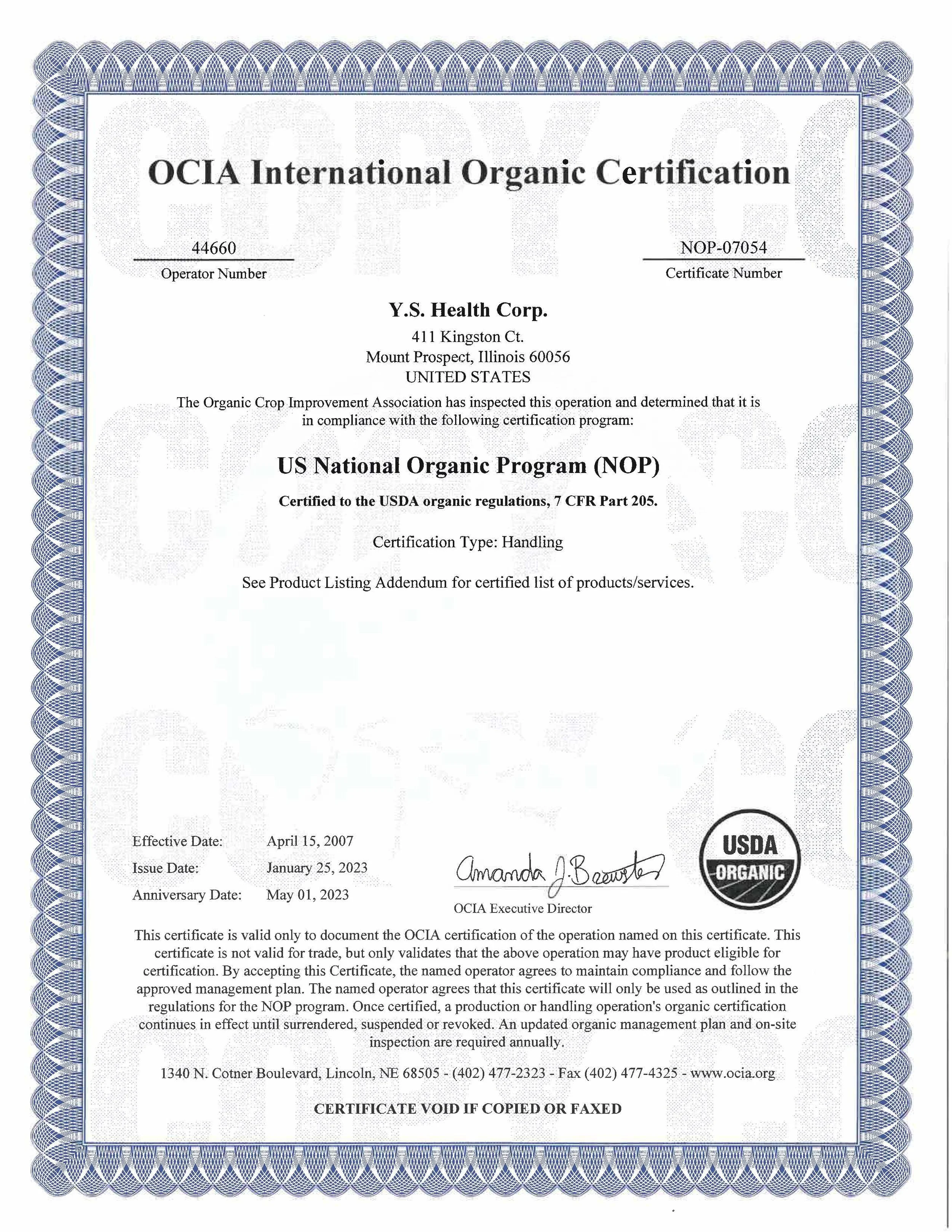Commitment to Quality
WHAT IS A GMO?
GMO’s, or genetically modified organisms, are organisms whose genetic material has been artificially manipulated in a laboratory through genetic engineering (GE). GMO’s create unstable combinations of plant, animal, bacteria, and viral genes that are not found in nature or traditional cross-breeding.
WHAT DOES THE NON-GMO SEAL MEAN?
The Non-GMO seal gives consumers easy access to clearly labeled Non-GMO food products. A product with this seal has gone through the verification process and undergoes an annual audit to maintain verification.
THE IMPORTANCE OF PURCHASING NON-GMO PRODUCTS
Purchasing Non-GMO products not only verifies that there are no GMOs in the products you purchase, but also supports efforts to expand the availability of non-GMO seeds, ingredients, and products.
Kosher Certification
Kosher refers to ‘clean food laws’ from the bible that detail the types of food that a Jewish person may eat. To be certified kosher, all ingredients, and the process of preparation of a product must be certified for kosher compliance. The kosher certification lets customers know that we comply with a strict policy of kosher food laws of cleanliness, purity, and quality. The OU mark given by the Orthodox Union is a universally recognized mark of kosher certification.
Organic Certification
Organic means that all ingredients are grown using only natural substances without the use of any synthetic chemicals, such as fertilizers, pesticides, fungicides, herbicides, or growth hormones. Facilities and food products with the USDA Organic Certification label undergo intensive screening by the USDA in order to meet the standards of certified organic.
Organic Beekeeping
The feed that is given to bees must be USDA certified organic
All beekeeping equipment, including all parts of the beehive must follow the regulations of the USDA specified materials
All surrounding areas within two miles of the apiary must be inspected to ensure there are no chemical pesticides or fertilizers. If there are any golf courses, busy roads, or cities within two miles, the apiary cannot pass the USDA certification process
All raw materials, machines, equipment, and facilities involved in the end product must be compliant with USDA organic standards.







